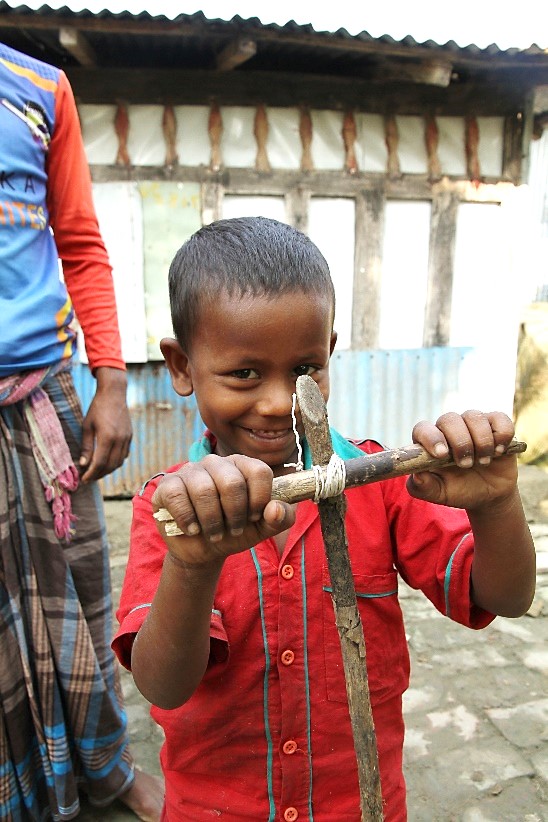Dear Friends of CEDAR,
I’ve been asked “What does CEDAR do” a lot, to which I have prepared two pitches depending on the time allowed—The short and sweet, yet encompassing “Helping the poor and providing disaster relief,” and the “Reconciliation works” which is the actual personal choice if time permits.
We can categorize the 70 something poverty alleviation and disaster relief projects of CEDAR into 9 categories—Humanitarian, Urban Development, Children at Risk, Anti-human Trafficking, Health, Church and Community Mobilization, Income Generation, Creation Care, and Advocacy and Education. We could all describe the specific challenges within each field, but ultimately, they are all the symptoms of our sins that broke us away from the harmony we once had, which have since placed our relationship with God, each other, ourselves and the creation, in jeopardy. To uproot the problems is to reconcile relationships, which is essentially what we do, as we hold the same belief throughout our involvement in every project.
As I reflect on the revelation of Jesus’ salvation in the work of reconciliation, it struck me that as Jewish priests were teaching the word of God and offering sacrifices in strict accordance with the bible, the Lord Jesus Christ, the great high priest, was foregoing the absolute authority He had in choosing whatever form of sacrifice He wished, but instead offered Himself as the sacrifice for the reconciliation of man and God (Romans 5:9-11).
In contrast, we are completely helpless, and simply have no choice in altering God’s absolute judgement. It is from this angle that we could picture the scenario where the one with the power of choice renounces his power for the sake of those without the power of choice. Jesus’ sacrifice was unfathomable yet it was the only way to enable everlasting reconciliations.
Since the terrorist attack in Dhaka, the capital of Bangladesh, the staff of our local partners have received threats based on their Christian faith, but none of them backed off despite the hardships. They increased their security measures while being prepared to sacrifice any time for the people they serve—a perfect modern example of Jesus’ sacrificial love that forgoes the better choice for oneself for the sake of those who don’t have one.
We might feel powerless and choice-less at times, but we must recognize that we all have the power to utilize our resources such as our network, professional knowledge, financial and political power, etc. Will we choose to sacrifice our own rights for those void of theirs? Sacrifices do not always involve blood and death, but they will always be painful, and it is such pain that brought back our harmony with God, each other, and with the creation.
I pray that through reflections and spiritual renewal in this Easter, God will instill His vision in you and tell you how to sacrifice for the oppressed.
You brother,
Raymond Kwong





